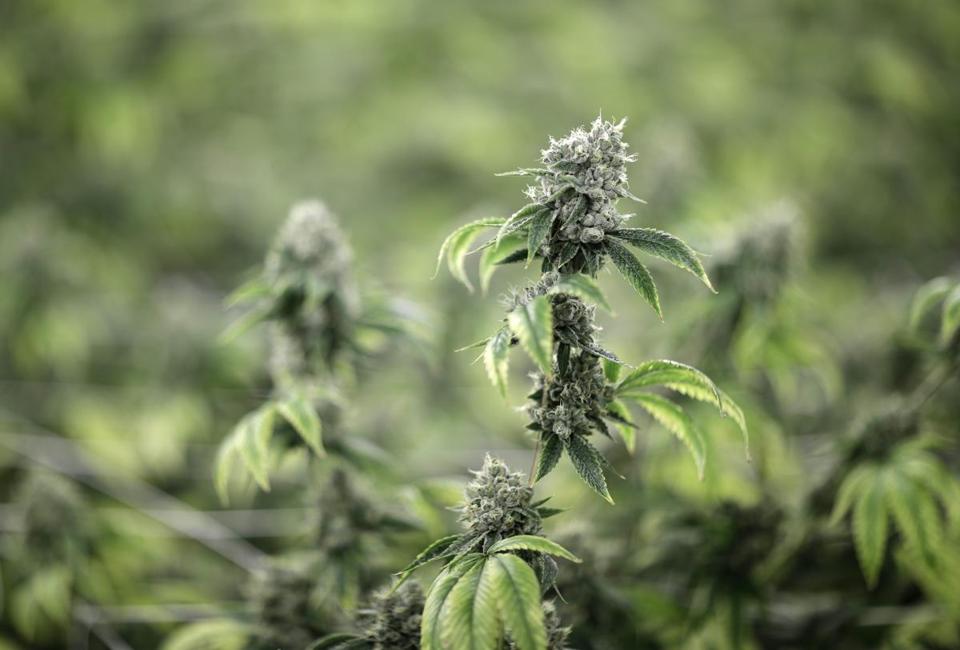A new analysis conducted by the Highway Loss Data Institute (HLDI), shows that Colorado, Oregon and Washington have about a three percent higher rate of collision claim frequencies than would have been expected without legalization of recreational marijuana.
Colorado and Washington were the first states to legalize recreational marijuana for adults 21 years and older. Retail sales in Colorado began in January 2014 and in July 2014 for Washington. Oregon approved legalized recreational marijuana in November 2014, and sales started in October 2015.
In addition to Colorado, Oregon and Washington, five other states and Washington, D.C., have legalized marijuana for all uses, and 21 states have legalized marijuana for medical use. An additional 17 states permit limited access for medical use. Marijuana is still considered an illegal controlled substance under federal law.
U.S. Marijuana Laws
Combined State Collision Analysis
The HLDI’s analysis used neighboring states as controls to examine the collision claim experience of Colorado, Oregon and Washington, both before and after the marijuana legalization law change. Data utilized collision claims filed between January 2012 and October 2016 for 1981 to 2017 model vehicles.
Colorado saw the biggest estimated increase in claim frequency compared with its control states. After retail marijuana sales began in Colorado, the collision claim frequency was 14 percent higher than in Nebraska, Utah and Wyoming. Washington’s estimated increase in claim frequency was 6.2 percent higher than in Montana and Idaho. Oregon’s estimated increase in claim frequency was 4.5 percent higher than in Idaho, Montana and Nevada.
The combined effect for the three states was three percent, which is still significant when taking into account the larger control group. HLDI’s analysis provides a preview of what the legalization of marijuana may mean for highway safety as more states legalize its use.
Marijuana Impairs Driving
More drivers admit to using marijuana, and it is showing up more frequently among people involved in crashes. THC, the psychoactive substance in marijuana, has been shown to impair distance estimations and reaction times.
The role of marijuana use in crashes is difficult to quantify. Many states don’t include consistent information on driver drug use in crash reports that the Fatality Analysis Reporting System (FARS) database aggregates, and the various policies and procedures for drug testing are inconsistent. More drivers involved in accidents are tested for alcohol than for drugs. When drivers are tested, drugs are often found in combination with alcohol, which makes it difficult to isolate their separate effects.
Experts do not agree on how much marijuana must be consumed for a driver to be impaired. A positive test for THC and its active metabolite doesn’t mean the driver was impaired at the time of the crash. Habitual users of marijuana may have positive blood tests for THC days to weeks after using the drug.
How the Legalization of Marijuana Affects Employee Drug Testing
Organizations are navigating new territory as medical marijuana use becomes legal in many U.S. states. In states where recreational marijuana use is legal, legislation varies significantly. Determining your drug testing policies and practices is best determined in consultation with qualified legal counsel. For large or national organizations, some adjustment to your drug testing policies on a state-by-state basis may be judicious.
Employer and employees rights when it comes to medical marijuana use and employee drug testing is also widely varied. In 2010, Arizona became the first state that mandated employers to consider accommodation for medical marijuana users protecting medical marijuana users who fail drug tests due to that use from derogatory employment action. Prior to Arizona, the states that allowed medical marijuana recommendations had no duty to consider medical marijuana as a legitimate reason for a failed drug test. Of the 29 states with a medical marijuana statute, 10 states have statutory language that mandates employers to accommodate medical marijuana use when possible. Regardless of the state, employers still retain some discretion about their ability to accommodate based upon a compelling business reason.
credit:hireright.com











